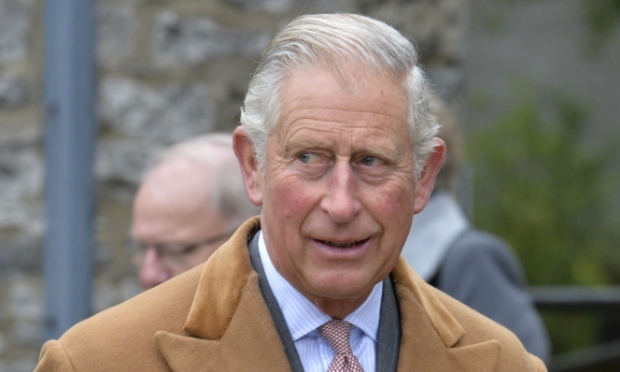The revelations about Prince Charles in Tom Bower’s new book are embarrassing but not really scandalous, peculiar but not necessarily shocking.
Most of us will have read things over the years about the heir to the throne that have exposed his idiosyncrasies and his self-indulgences.
Mr Bower claims Charles and Camilla watch Gosford Park on cinema nights, eat ice cream and fall asleep, which makes them sound quite normal.
The assertion that Charles apparently didn’t know what clingfilm was, changes his clothes five times a day, and travels with a sizeable entourage is less commonplace, but nevertheless in keeping with a man of his immense privilege.
There must be Russian oligarchs in London whose entourages are vaster and whose tastes, from their preferred malts to their bed linen, are more bizarre than this.
But we have come to expect colour from the Windsors and, the Queen apart, they rarely disappoint. Once the royal family became tabloid fodder, about half a century ago, fact has often been stranger than fiction.
Without going back as far as Princess Margaret and her Mustique parties, just take the headlines about Diana. These once seemed so incredible that for a long time the press was accused of making them up.
It turned out that almost every one of them was true, even the attempted suicide with a lemon slicer, and so, as it happened, were the ones about Charles and the mistress he went on to marry.
Given some perspective, Mr Bower’s biography, Rebel Prince: The Power, Passion and Defiance of Prince Charles, sounds (from the excerpts at least) more titillation than treason.
It is unlikely to change people’s opinions; those who have never like Charles will be able to use its examples of petulance as further ammunition against him, while those who admire him, flaws and all, will still defend him.
Firmly in the latter category is the veteran royal photographer Arthur Edwards, who has been taking pictures of Charles for The Sun for more than 40 years.
Having travelled the world several times with the prince, he probably does know him, as he insists, better than any biographer.
Mr Edwards’ proximity to his subject may have made him biased, but his view – that Charles is a hard worker “who has devoted his entire life to doing the right thing and trying to make things better for people” – is borne out by the public record.
“If he was a pleasure seeker who spent his days playing polo, attending louche parties and playing backgammon all night, people would have every right to be angry,” says Mr Edwards.
At almost 70, Charles’ playboy days are well behind him and even his detractors couldn’t begrudge the achievements of some of his high-profile charities, such as the Prince’s Trust.
If we are going to take issue with him, it shouldn’t be over his peccadilloes and occasional abuses of power, which are usually harmless. It is, rather, that he does not always devote his energies, considerable resources and, most importantly, his influence to deserving causes. His opposition to genetically modified foods, for instance, is that of a reactionary whose prejudice blinds him to the science.
The organic culture that he has long espoused is very much a first world preoccupation with nature, whereas the proper deployment of GM crops is a third world solution to starvation. How can he not now see the injustice of a rich man denying the global poor of a means to beat hunger?
Also, while he has undoubtedly been a pioneer in the climate change debate, the contradiction between what he says and what he does destroys his credibility. I was once in the audience when he lectured us about turning off our televisions at the wall, before rejoining his convoy of Land Rovers and taking the private flight back to whichever palace it was that night.
A prince, of course, must have protection but if the Queen can travel with the public, so too should Charles.
As he divests himself of some of his pet projects to take on more of his mother’s duties, his charitable legacy will hopefully survive, and serve as a reminder of his essential goodness.
There is no point expecting him to be a different kind of man, with more modest habits and complete public reticence.
If he truly does take his orthopaedic bed on trips, as Mr Bower says, it is because he has been allowed to get away with it. Given his upbringing, would we behave with greater restraint?
And if he meddles in politics it is because he cares about this country and believes he has it within his gift to improve it.
On balance, Charles’ personal excesses are outweighed by his civic courage. He may not be perfect monarchy material but we could certainly have inherited a lot worse.
